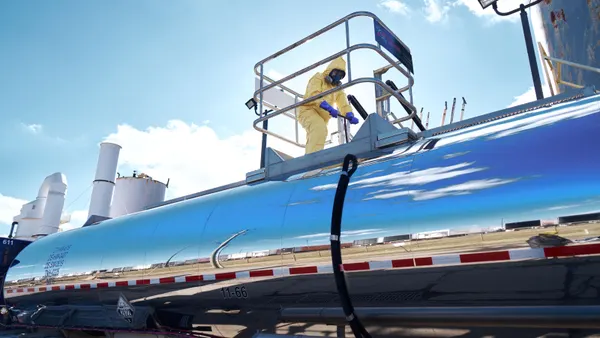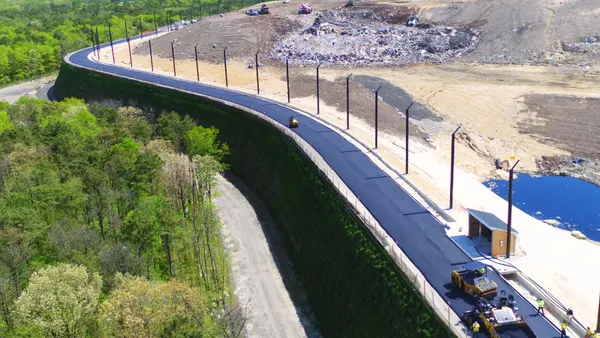Vermont’s state Senate on Tuesday failed to override the governor’s veto of a bill that would have expanded the state’s container deposit program.
The bill, which passed the state’s House and Senate last summer, would have included a wider range of containers in the program, raised the handling fee, expanded the number of redemption locations and established a producer responsibility organization, among other changes.
Gov. Phil Scott vetoed the legislation back in June, saying he was an advocate for recycling but felt the changes proposed for the container deposit system were too labor intensive and “would move us backwards.” He called instead for investing in and improving “zero sort” recycling systems, a reference to single-stream recycling.
Vermont’s legislature didn’t move forward with the veto process until Jan. 4, when the House overrode Scott’s veto by a vote of 112 to 32.
Yet the state Senate failed to override the veto by just three votes on Tuesday. It needed a two-thirds vote to pass.
Groups like the National Waste & Recycling Associaton’s regional chapter applauded the veto when Scott announced it in June. The group represents Vermont-based Casella Waste Systems, which has trademarked the phrase “zero sort.” NWRA and some other MRF groups have expressed concerns about the negative financial impact bottle bills could have on operations when certain containers are diverted from their facilities.
Meanwhile, bottle bill supporters like VPIRG had pushed for the veto override, saying an update to Vermont’s aging system is needed to improve the state’s recycling rate, offer more redemption locations and add beverage types that didn’t exist when the bottle bill was first passed. Vermont’s bottle bill was first established in 1973 and has not seen major recent changes.
VPIRG celebrated the House’s Jan. 4 veto override, saying “legislators who looked closely at this bill, regardless of party, found that it will make the state’s most successful recycling law even better,” said VPIRG’s executive director Paul Burns in a statement. “That’s how you get more than three quarters of the House of Representatives to override the governor.”
After the Senate declined to override the veto a few weeks later, advocacy group Just Zero voiced disappointment over the outcome.
“Governor Scott’s veto and the Senate’s failure to override it is a missed opportunity that will harm Vermont’s environment and climate,” said Peter Blair, the group’s policy and advocacy director, in a statement.











